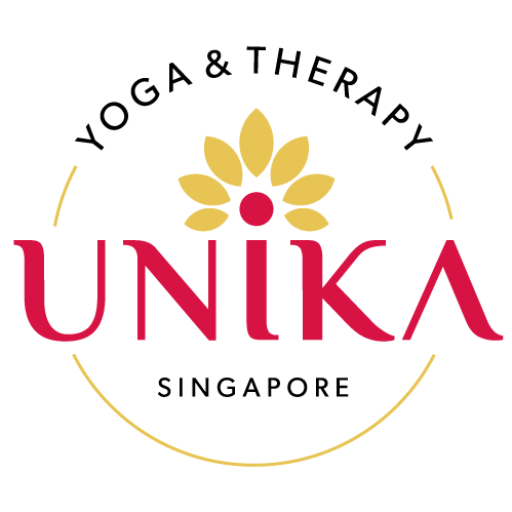
Our 200 hours Yoga Teacher Training Course (YTTC200) is a journey that we are immensely proud of what we offer, it is with deep gratitude and humility that we present you the few strong points that we believe set our course apart from others:
Our YTT course offers an intensive, face-to-face training experience that provides students with ample opportunities for acquiring extensive knowledge and hands-on learning, justifying your yoga teacher certification. These 200 hours yoga teacher training course Singapore is designed to help students deeply learn traditional practices with a modern approach.
The Unika Yoga Teacher Training Course (YTTC) curriculum is meticulously crafted to encompass a wide range of topics, ensuring that students receive a holistic education in yoga apart from mere physical postures, Yoga encompasses more than just physical postures, and as future yoga teachers, you serve as advocates for understanding yoga beyond its physical aspects.
Your role as a yoga teacher and yoga instructor is to articulate the true essence and definition of yoga through your own experience. By enrolling in our 200 hours yoga instructor certificate course Singapore, students gain the skills to understand and share the real meaning of yoga.
A phenomenal teacher, a highly regarded expert in the field of yoga with over 24 years of experience, Dr. Kuldeep’s unique background, which spans from yoga competitions to philosophical inquiry and scientific research, provides students with a truly enriching learning experience with his depth of knowledge, passion for yoga and the heart to serve. He inspires students to explore Yoga with curiosity and dedication.
Our Yoga Teacher Training (YTT) program offers students a value-added experience that extends far beyond the classroom, beyond the certification. We provide ongoing support, mentorship and resources to help students continue their journey of personal and professional growth beyond the completion of the course, nurturing a community of lifelong learners and practitioners. To improve your abilities and expertise, we also offer a 300 hours yoga therapy certification course Singapore, helping you build a rewarding career in yoga therapy and holistic health.
- Cultivate a thorough comprehension of fundamental Hatha Yoga principles, Human Anatomy and Biomechanics in order to facilitate a safe, proper and impactful yoga practice
- Gain comprehensive understanding of various Hatha Yoga postures, their contraindications, alignment and benefits, ensuring the ability to practise and teach them safely and effectively
- Expand knowledge beyond physical postures to incorporate diverse yoga techniques such as pranayama, kriya, mudra and bandha in your practice and teaching, nurturing a holistic approach to well-being
- Develop effective teaching skills in delivering yoga classes with confidence, authenticity and inclusiveness, catering to students of all ages, skill levels and body types
- Foster connections with fellow students and instructors, creating a supportive environment for mutual growth as practitioners, teachers, and the community
- Deepen personal practice and experience transformation through self-reflection, exploration of yogic philosophy and integration of mindfulness practices into daily life
- Aspiring yoga teachers who wish to become certified instructors.
- Dedicated yoga practitioners seeking to deepen their practice and knowledge.
- Wellness professionals who want to incorporate yoga into their work with clients.
- Individuals interested in yoga as a path of self-development and holistic well-being.
Key syllabus
1. Key concepts, history and philosophy of Hatha Yoga
- Definitions, history of yoga, streams of yoga
- Main eras, their key ideas and study of key texts
- Understanding the holistic approach of yoga that encompasses physical, mental and spiritual aspects
- Concept of happiness from a yogic perspective, exploring how yoga philosophy and practices contribute to inner joy and well-being
Ashtanga Yoga (eight limbs of yoga)
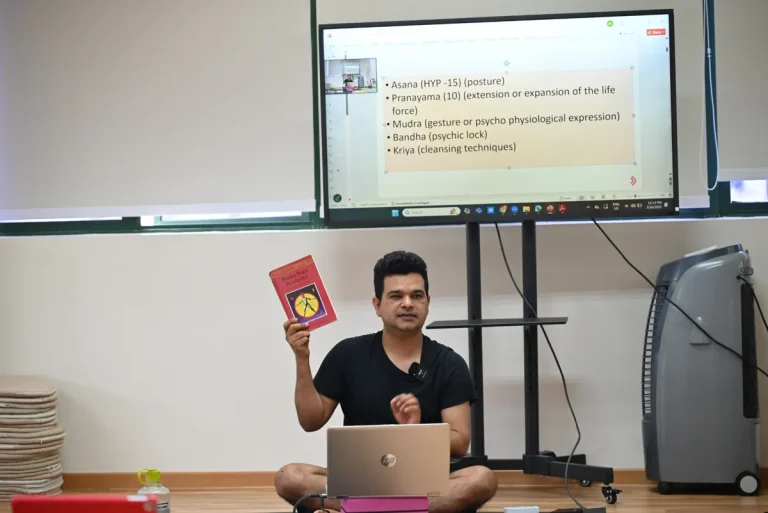
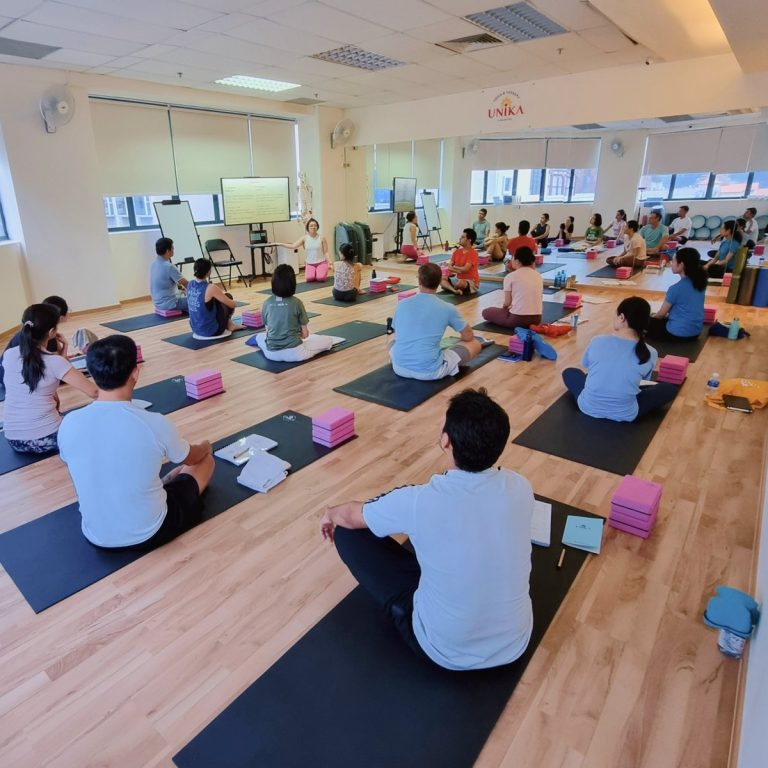
2. Asanas
- Preparatory set of practice to enhance flexibility and strength
- In-depth study of over 70 Yogasanas – correct alignment explained with regards to anatomical aspects, benefits, techniques and their variations with and without props
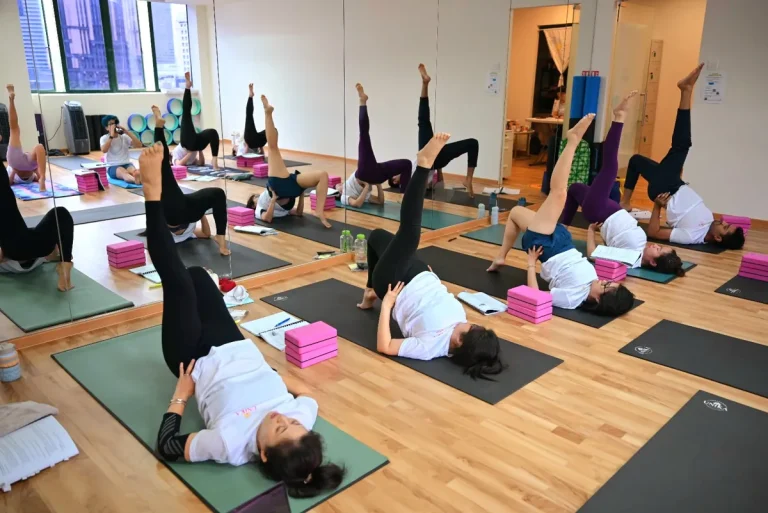
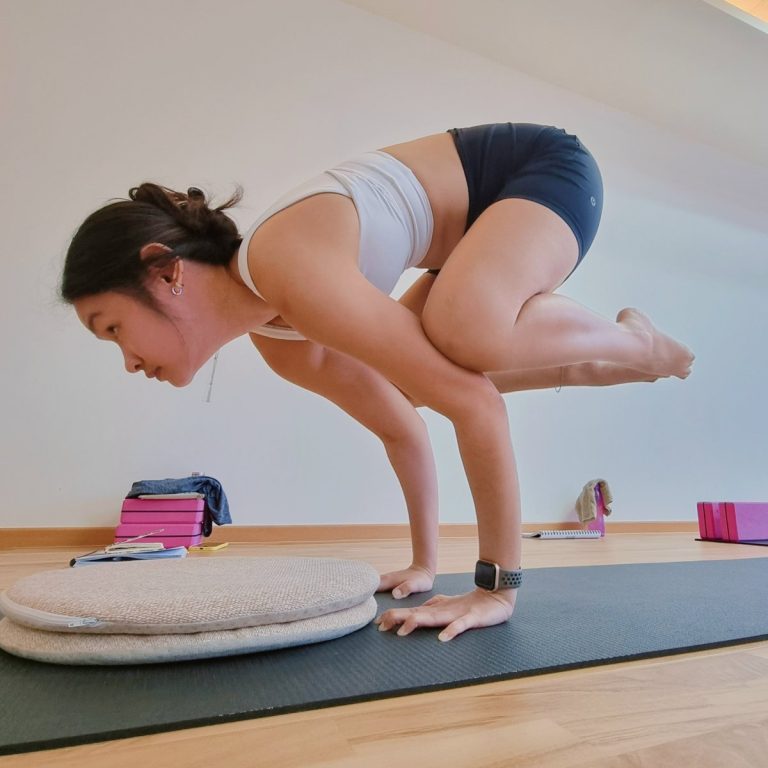
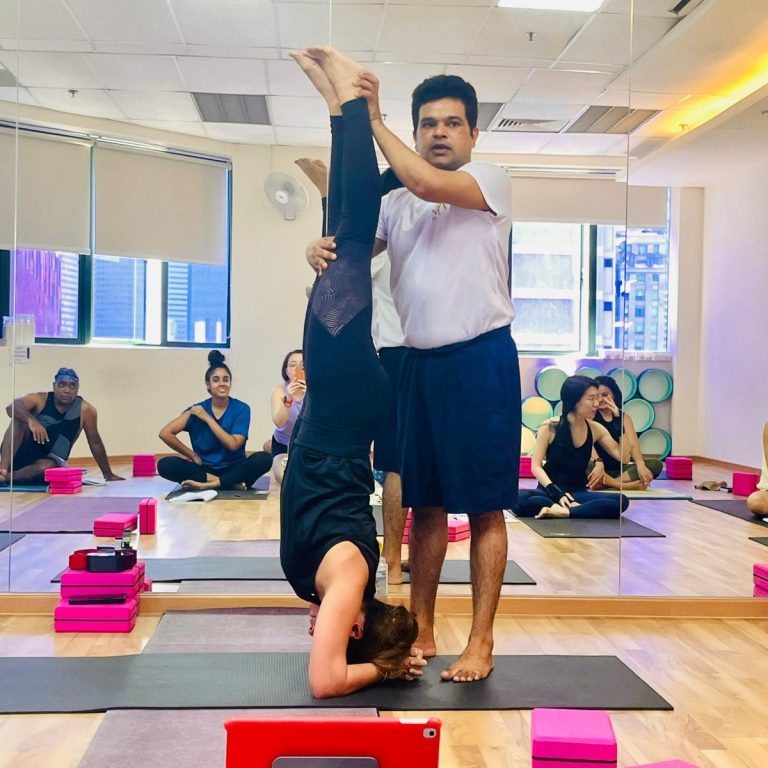
3. Anatomy, biomechanics and physiology
- Essential understanding of the human body’s structure, function and movement mechanics relevant to yoga practice, particularly muscle groups, joints and their roles in performing yoga poses safely and effectively
- Explore biomechanical principles, such as alignment, stability and mobility, to optimise posture alignment and prevent injuries
- Know the physiological effects of yoga on various body systems, including the nervous systems, endocrine, respiratory, cardiovascular and digestive systems, deepening understanding of yoga’s holistic impact on overall health and well-being
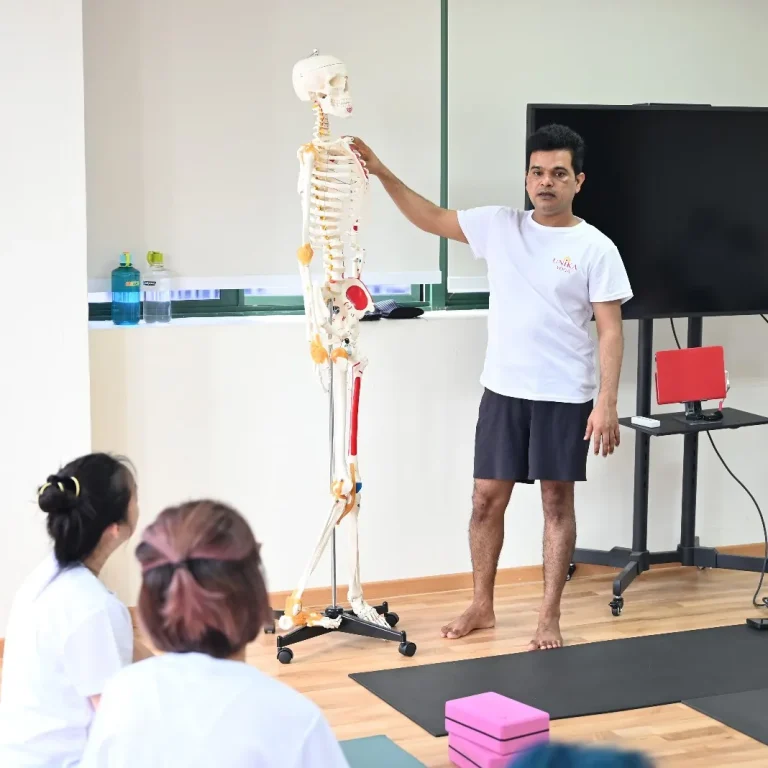
4. Pranayama and the subtle body, introduction to the integrated approach of Yoga Therapy
- Concept of the three bodies, Pancha Kosha and the yogic concept of diseases
- Explore concept of prana, nadi and chakra, understand the role of the subtle energy body and its role in yoga practice
- Introduction of the integrated approach of yoga therapy, understand how yoga practices can be tailored to address specific physical, mental and emotional imbalances
- Learn the benefits and techniques, practise more than 8 types of pranayama
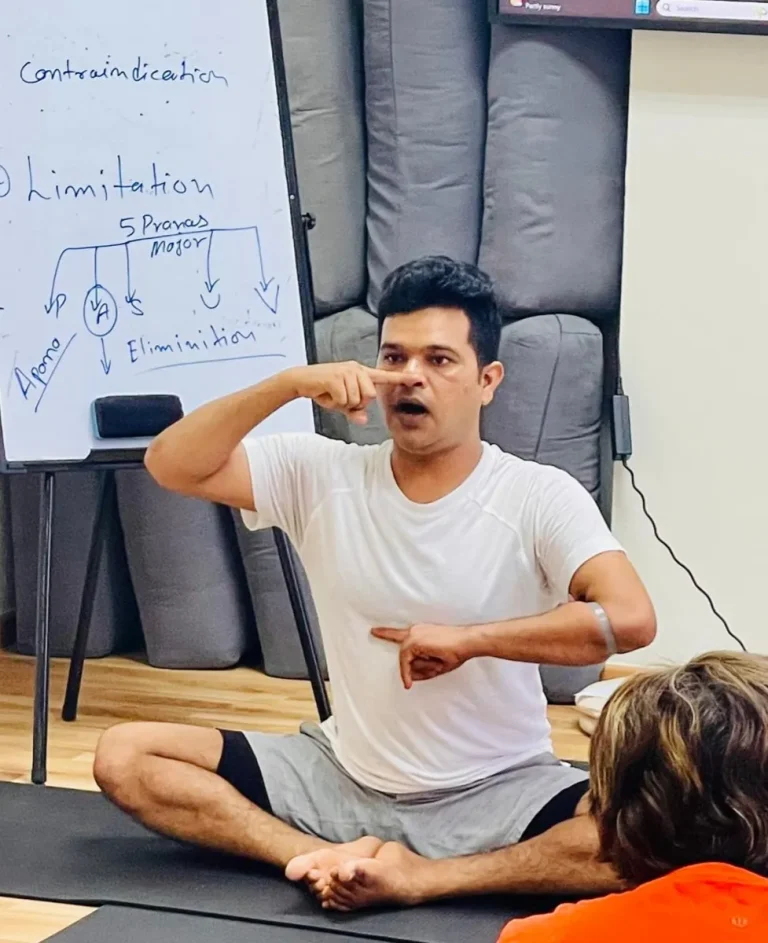
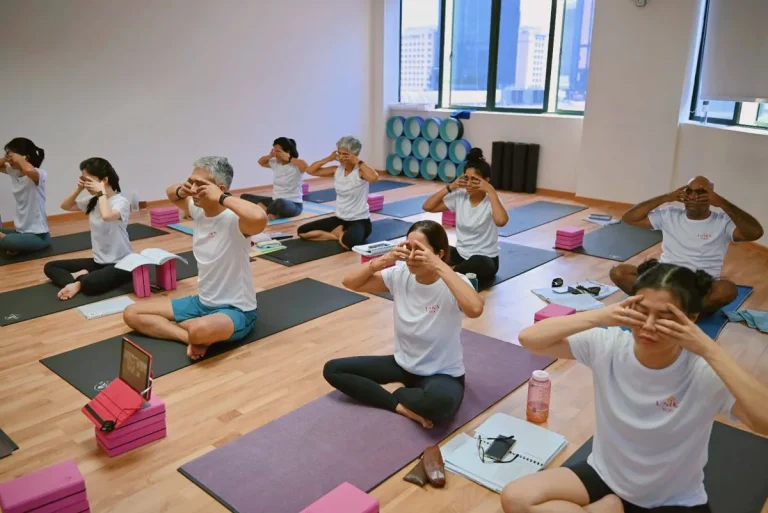
5. Kriya, Mudra, Bandha and meditation
- Explore these traditional Yoga practices extending beyond physical postures, aimed at enhancing our holistic well-being
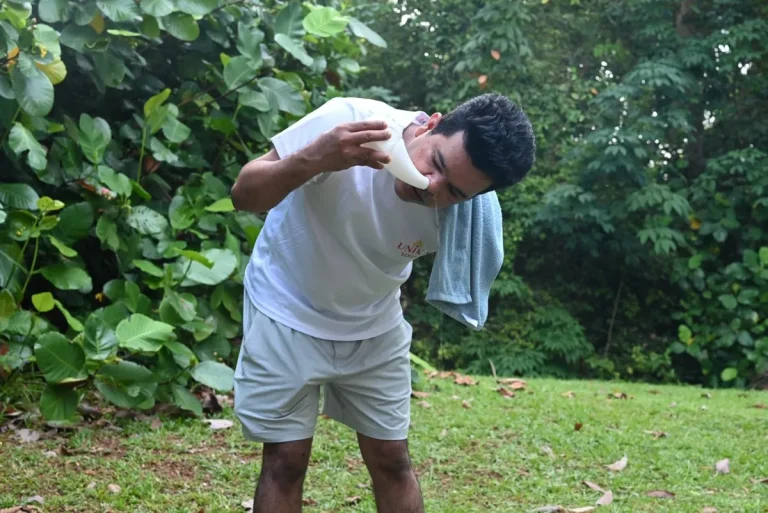
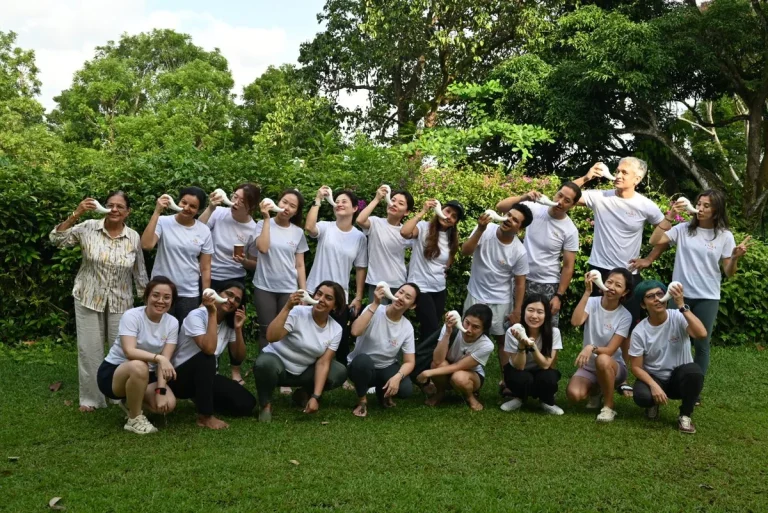
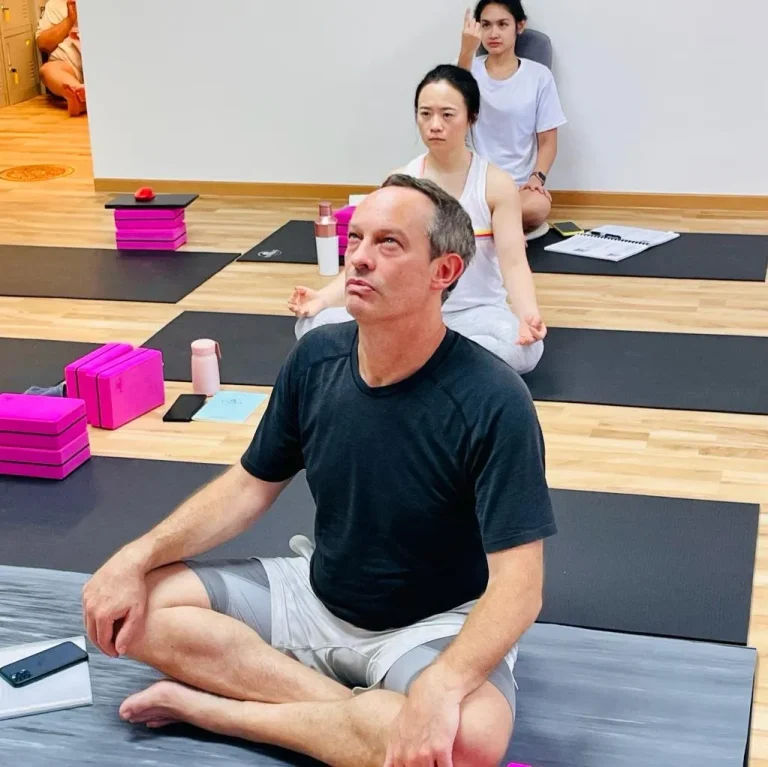
6. Effective teaching methodology and lesson planning
- Be equipped with the essential skills to develop structured lesson plans tailored to meet the diverse needs of students while maintaining safety and alignment principles and then deliver impactful and engaging yoga classes
- Be empowered to confidently communicate instructions, offer modifications, and create inclusive environments for students of all levels
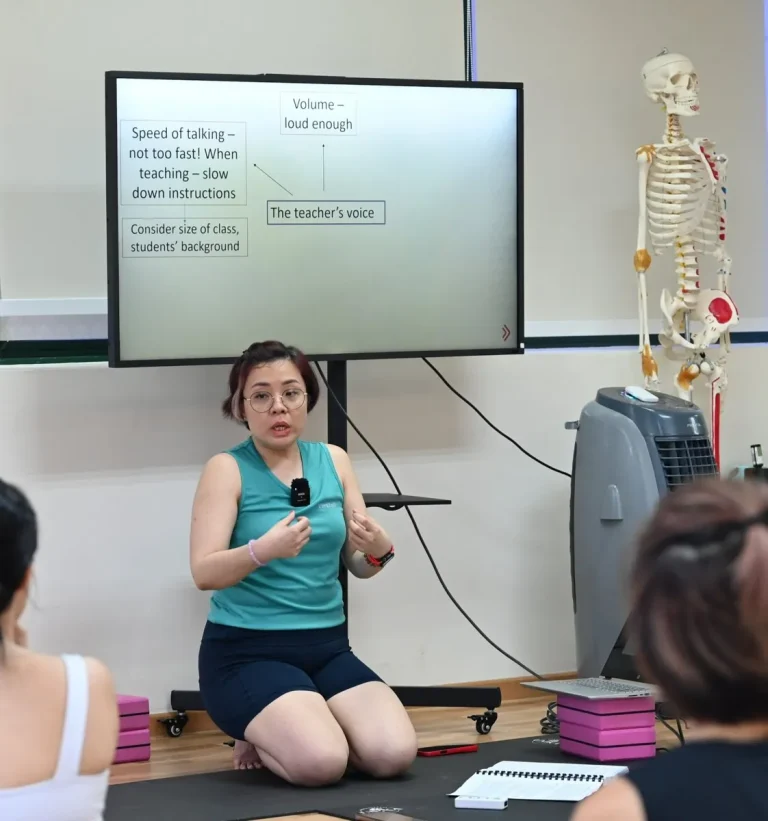
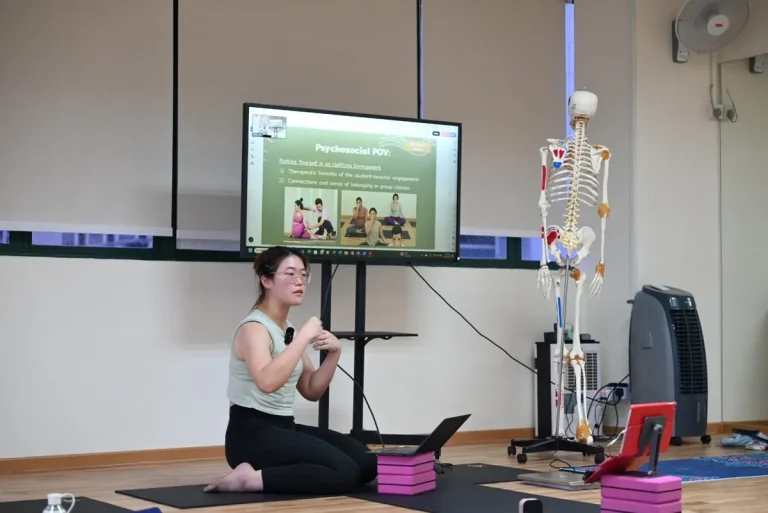
7. Professionalism of a yoga teacher
- Equity and inclusivity in yoga
- Qualities of an effective yoga teacher, including ethical conduct, communication skills, integrity and building rapport with students
- How to create a welcoming classroom for students
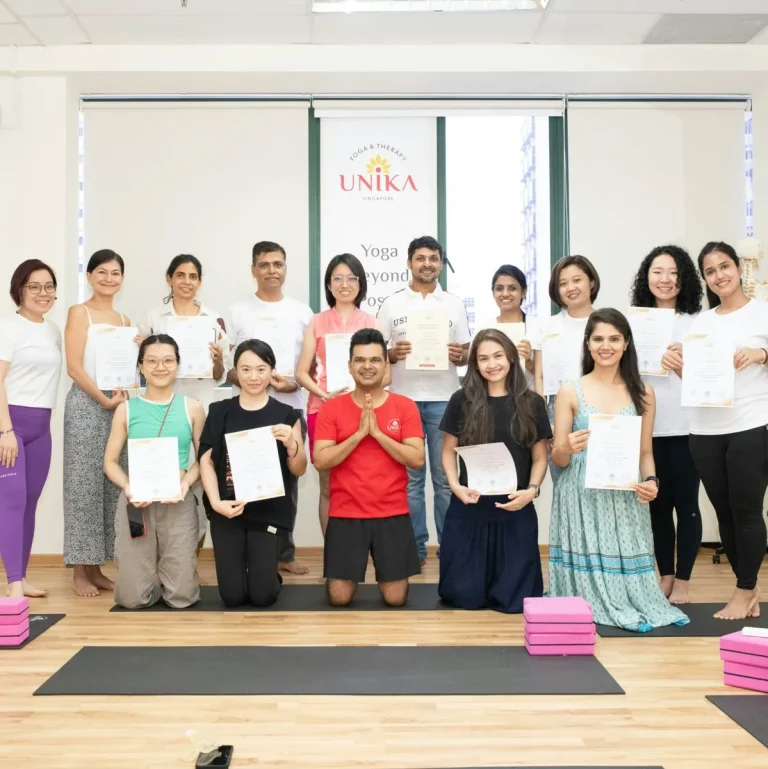
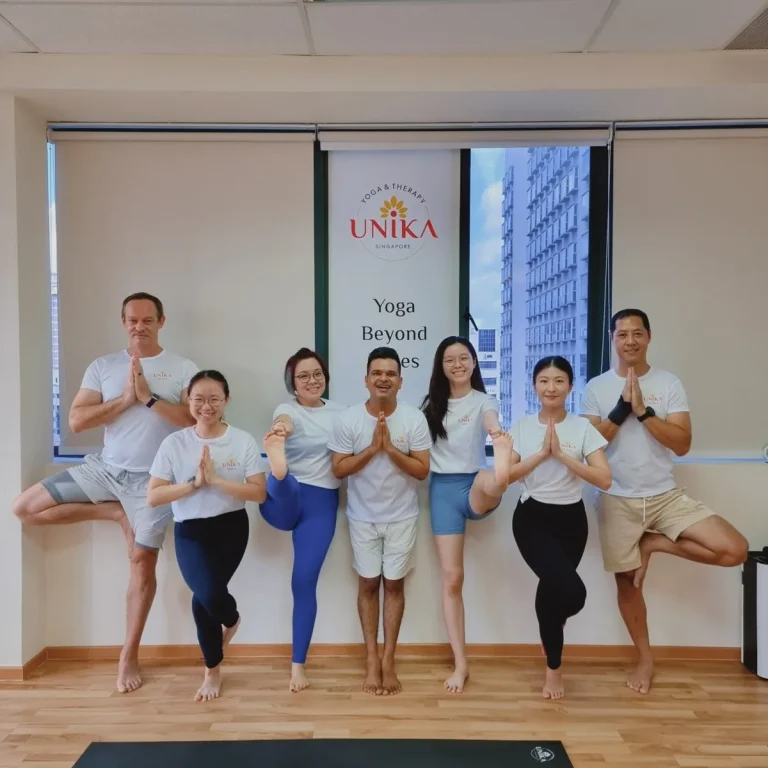
Course Fees
To thank our growing Unika family
✨ $600 OFF for the first 6 sign-ups
✨ Up to 15% OFF bundled courses
✨ 50% OFF Virtual Learning & Re-certification (T&Cs apply)
Reserve now and complete within 2 years until the end of 2027.
- $2,788 nett (1st 6 pax to register)
- $2,888 nett (early bird fee)
- $3,388 nett (usual fee)
Course Schedules
Weekday intake 2026
12th Jan 2026 to 12th Feb 2026
Every Monday to Friday
09.30am to 02.30pm
Weekend intake 2026
28th Feb 2026 to 9th May 2026
Every Saturday and Sunday
10.45am to 4.45pm
(no class on 21 Mar)
Benefits & Perks
- Yoga Alliance international accreditation for you to take your teaching to an international level, upon completion of training, you may start teaching yoga professionally and inspiring others
- Complimentary 30 free credits (worth $688) to attend any group classes on our schedule
- Recording of session upon request if students are unable to attend a particular session
- Hybrid mode – attend in-studio or virtually (even when overseas)
- Complimentary refresher sessions in upcoming batches
- 10% discount for your workshops conducted by Unika Yoga
- Free use of Unika Yoga studio space to conduct your teaching practice
- Opportunity to join Unika Yoga as part-time instructor
Hear from our 200hr YTTC students' testimonials
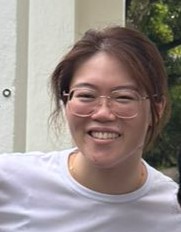

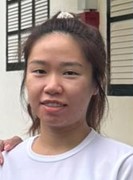
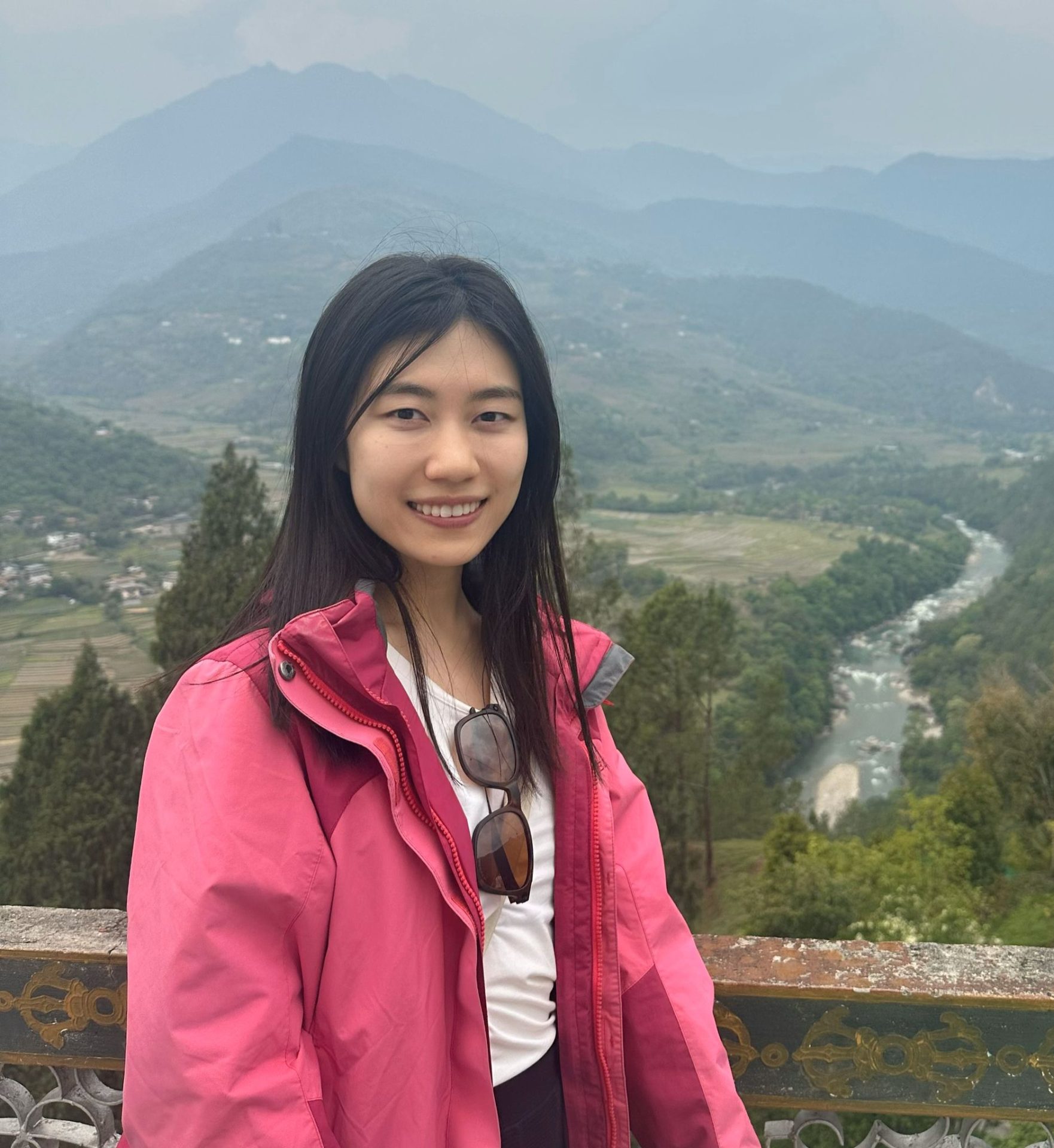

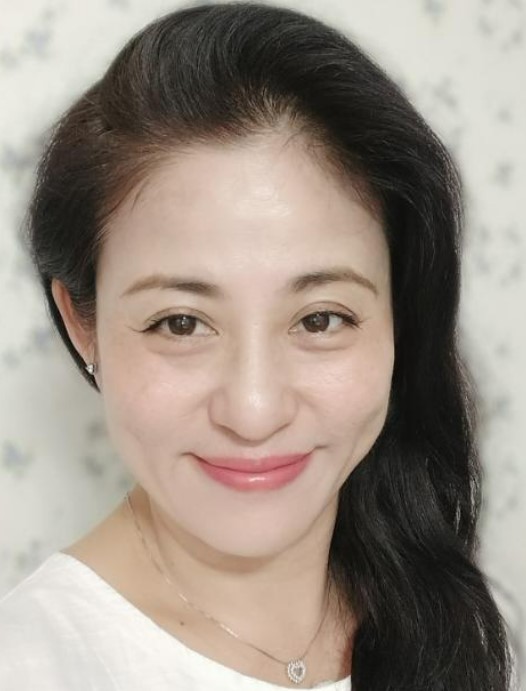
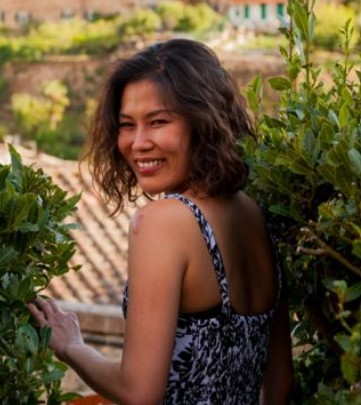
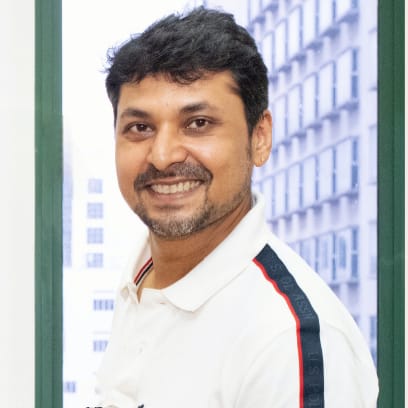
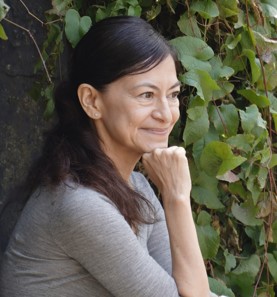


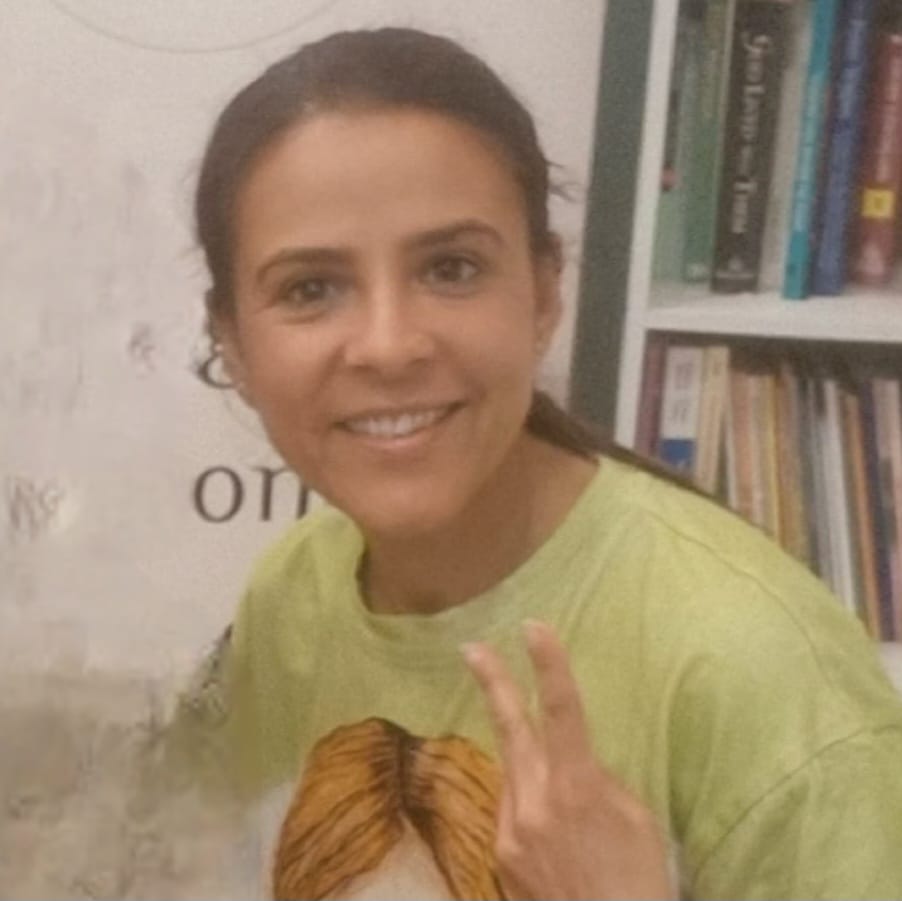

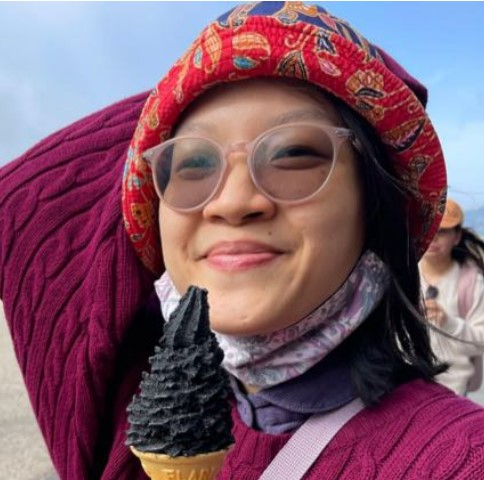
Beautiful and inspirational words from our
students
Maybel Ooi

Fiona Ng

Fannie Ong

Anna Chew
Unika Yoga offers competitive pricing for its courses, providing exceptional value compared to other options available today.

Sumitha Desai

Jeyasri R
Hazel Liu
The syllabus was comprehensive and well-rounded, covering not only poses but also other aspects of yoga, such as philosophy, breathing techniques, mindfulness, and cleansing techniques. The course gave me a deeper understanding of the holistic nature of yoga.
Another thing that stood out to me was the sense of community. From the very first class, I felt welcomed and supported by both the instructors and fellow classmates. There was no sense of competition, only a collective effort to grow and improve together—a yoga space that fosters a positive, non-judgmental atmosphere.
Thank you all for the great experience! I highly recommend it to anyone looking for a supportive and enriching yoga experience.

Goh Hui Min
Overall, I highly recommend Unika Yoga to anyone looking to deepen their practice or just start their yoga journey. It’s an authentic place to find peace, strengthen your body, and connect with others.

Manreet

Isha arora

Gururaj Upadhye

Shun Yu

Hapi

Maple
Deepak Byrappa
Chei Yen Lim
Dr Kuldeep and Stephanie are highly experienced and passionate yoga practitioners, I really appreciate the supports and guidance that they have offered to me in my learning journey!
Highly recommend anyone who wish to embark their yoga learning journey with Unika!
Jenny Fan
A big big thank-you to the excellent trainers Dr. Kudeep (PhD Yoga) and Stephanie Ng
( Senior Teacher) for their guidance, warmth, and encouragement throughout the course, and their continued support even after the course.













